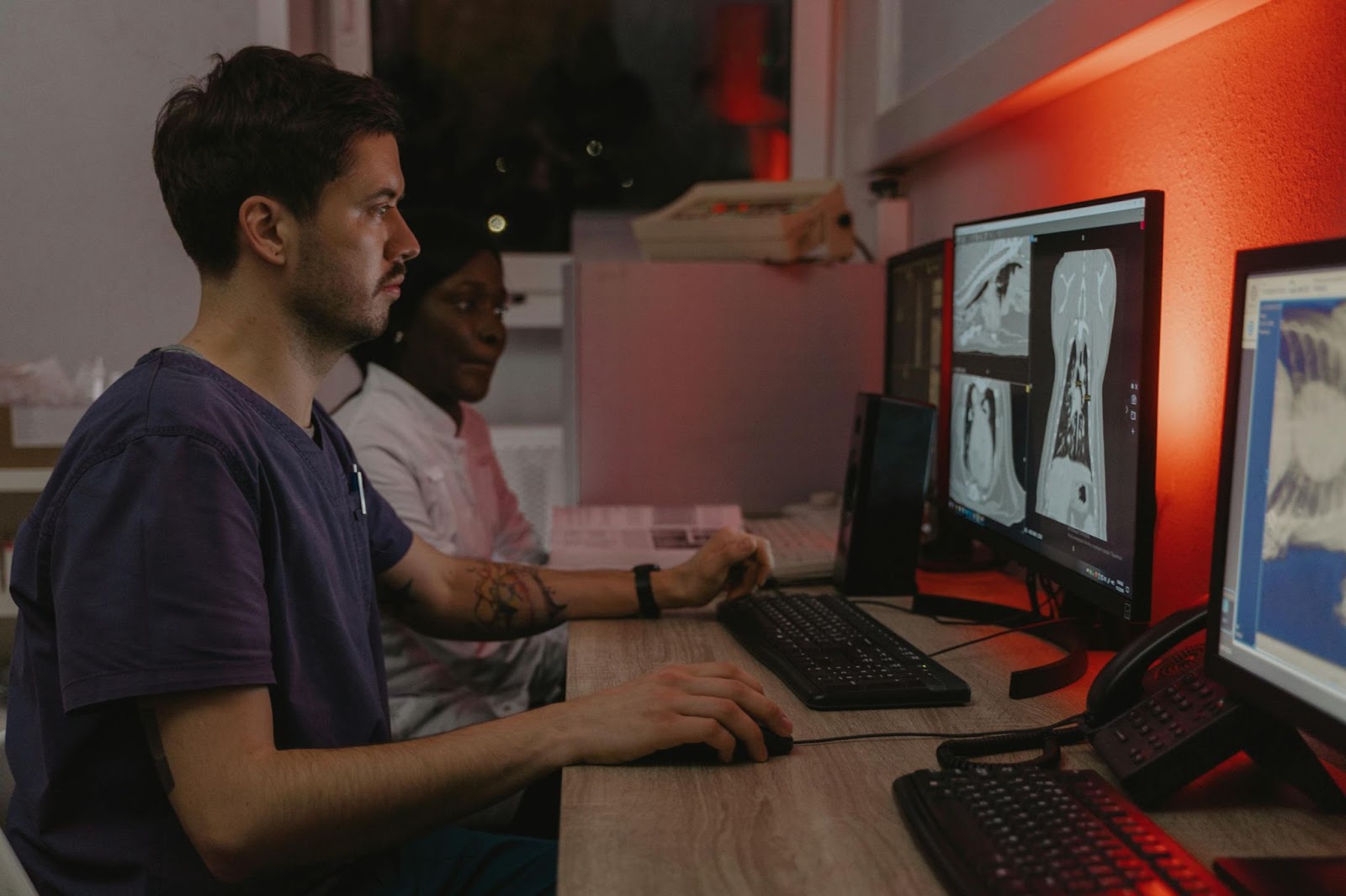The hospitality sector, which includes lodging facilities, dining establishments, and other recreational offerings, is essentially focused on extending a warm welcome to visitors from a variety of backgrounds.
However, there is still a big gap in the availability of services that are accessible and meet the specific needs of the Deaf community.
The hospitality sector needs to actively address the obstacles that Deaf people encounter in addition to acknowledging them as the world’s attention on inclusivity grows.

Understanding the Barriers
It can be difficult for many Deaf people to navigate the hospitality industry. The main obstacle is communication.
Routine activities like ordering food at a restaurant, checking into a hotel, or asking for help at a tourist attraction can become challenging when there are insufficient effective communication methods in place.
Due to the heavy reliance on verbal interactions in most hospitality services, Deaf guests frequently feel underserved or excluded.
Concerns also exist for signals that are audible and visual.
For example, public announcements in stations and airports, or emergency alarms in hotels, are frequently only audible.
Guests who are deaf might miss crucial alerts, which puts them at a serious disadvantage, particularly in emergency situations.
Additionally, Deaf people may find it challenging to independently navigate spaces if there are no accessible signage or visual aids.
The Role of Technology in Enhancing Accessibility
Technology is essential to closing the accessibility gap in the hospitality sector for the Deaf community.
A plethora of tools have emerged with the advent of digital innovations that can improve access and communication.
To ensure that Deaf guests can communicate with staff effectively, hotels and restaurants can incorporate video relay services (VRS) or video remote interpreting (VRI).
These services make it simpler for Deaf people to communicate their needs and get the information they need by offering real-time sign language interpretation via video.
Additionally, mobile apps created with accessibility in mind can greatly improve the visitation experience for guests who are Deaf.
Apps that offer visual alerts, text-based communication, and navigational support can enable Deaf people to independently access services without depending on spoken language.
By incorporating these tech solutions, services can be made more accessible while also displaying a sincere dedication to inclusivity.
Staff Training and Awareness

Technology is indispensable, but it cannot take the place of interpersonal communication.
The hospitality sector needs to raise staff awareness and provide training if it is to genuinely serve the Deaf community.
Workers should receive training on how to effectively and respectfully engage with Deaf guests, as well as understanding their needs.
This include being aware of the obstacles Deaf people might encounter, learning some basic sign language phrases, and knowing how to use communication aids.
Staff members should also be taught to identify and react in scenarios where guests who are Deaf might require assistance, like in an emergency.
For instance, employees should be ready to visually alert Deaf guests and direct them to safety in the event of a fire alarm.
The hospitality sector can guarantee that Deaf visitors feel supported and welcomed the entire time they are there by promoting a culture of awareness and preparedness.
Designing Accessible Spaces
In the hospitality sector, accessibility encompasses not just technology and communication but also space design.
Clear signage, minimal potential communication barriers, and visual cues are all part of accessible design for the Deaf community.
To ensure that Deaf people are informed in the event of an emergency, hotels can, for example, install visual fire alarms in guest rooms.
Another area that can profit from accessible design is restaurants and other recreational areas. For guests who are Deaf, having readable menus and signage can make a big difference.
Furthermore, designing environments that support visual communication—that is, making sure there is adequate lighting and reducing background noise—can improve the overall experience for Deaf people.
The Importance of Inclusive Policies
Adopting and implementing inclusive policies is crucial for businesses looking to promote accessibility in the hospitality sector.
These guidelines ought to specify the precise actions that will be done to satisfy the needs of Deaf visitors and accommodate their needs.
This could entail promises to offer staff Deaf awareness training, provide accessible communication options, and routinely inspect and update facilities to comply with accessibility guidelines.
Additionally, inclusive policies ought to be clear and shared with visitors.
Businesses in the hospitality industry can gain the trust of Deaf customers and entice them to use their services by making their accessibility commitment clear.
Additionally, since companies can routinely evaluate their procedures and solicit input from the Deaf community, these policies can act as a basis for ongoing development.
The Benefits of Promoting Accessibility
In addition to being morally and legally required, promoting accessibility in the hospitality sector has several advantages.
Hospitality companies can access a wider market and draw in Deaf customers who might otherwise feel alienated by being more approachable.
Furthermore, not only can accessibility enhancements benefit guests with disabilities, but all visitors can benefit from them.
For instance, guests who are elderly or have hearing impairments may benefit from clear signage and visual alerts.
Additionally, companies that put accessibility first frequently develop a favorable reputation as progressive and inclusive.
Increased client loyalty and favorable word-of-mouth are possible outcomes, both of which are very valuable in the cutthroat hospitality sector.
In the end, companies in the hospitality industry can make the place more hospitable for everyone by embracing accessibility.
Moving Forward
The hospitality sector needs to take on the challenge of providing services that are accessible to the Deaf community as more people recognize the importance of inclusivity.
This calls for a diversified strategy that incorporates inclusive policies, staff training, accessible design, and technology.
The hospitality sector can guarantee that Deaf people are not only accommodated but also have the opportunity to fully participate in and enjoy the services offered by implementing these measures.
There is always space for improvement as we continue down the path toward complete accessibility.
Nonetheless, the hospitality sector may make a significant contribution to the advancement of disability rights and the development of an inclusive society by putting the needs of the Deaf community first.
The secret is to treat accessibility as an ongoing commitment to making every visitor feel valued and welcomed, regardless of ability, rather than as a one-time fix.
For those who are looking for additional support, Unspoken Language Services offers interpreting services to help bridge the communication gap between the deaf and hearing communities.
Thumbnail Photo by Pixabay

